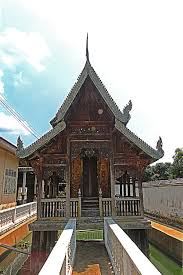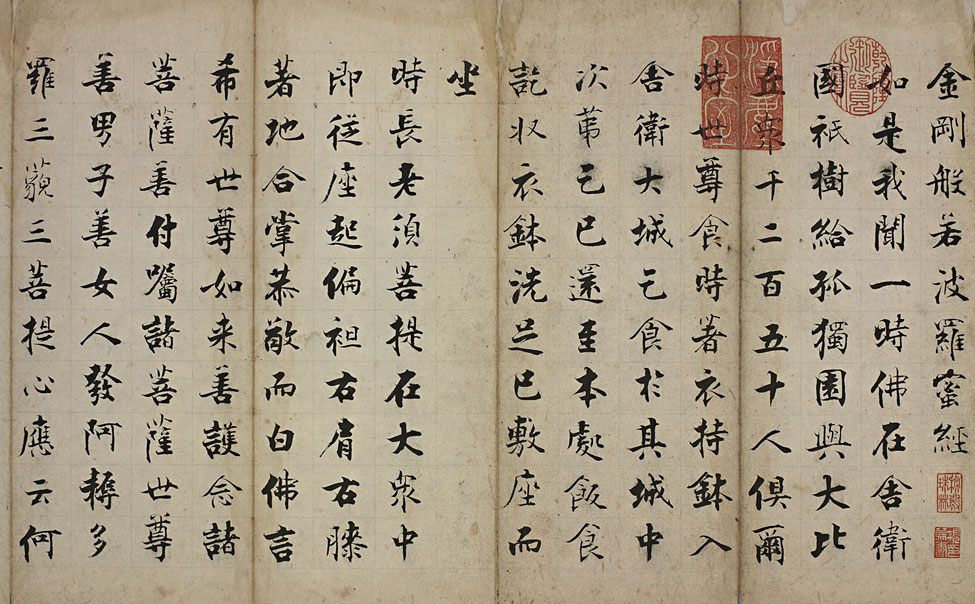Dharamasema was an Indian Buddhist missionary who was born in 385 who is famous for his translations of Buddhist scripts in Dunhuang, located in modern-day Gansu Province in China. He stayed in Dunhuang for several years before he moved to Guzang, modern-day Wuwei in Gansu.
Translation projects
It was under the tutelage of Juqu Mengxun that he participated in a number of translation projects that produced a number of Chinese Buddhist scriptures. Some of these translation projects included the Daban niepan jing, the Sutra of Gold Light and the Pusa dichi jing, which had considerable influence on Buddhism in China later on. In addition to this, “Dharmaksema is also said to have been responsible for the first Chinese version of the Lankavatara Sutra, a text fundamental for the development of the Chinese Chan Buddhist tradition in its early period”.
We know that Dharamasema was from India and there is no doubt as to that most of his translations were made in Guzang, but scholars have been in great debate as to when he arrived there, as this is crucial for dating his translations.
Earliest Source
The earliest source we have on Dharamasema is from the Daban niepan jing. His chief collaborator writers in the sutra, “The Indian sramana Tanmochen (Dharamasema) was a native of Central India and a descendant of a Brahman family. His natural gifts were outstanding and his understanding bright and penetrating. Possessed of excellent elegance, he was versed in both inner (Buddhist) and outer (non-Buddhist) learning. For the purpose of spreading Buddhist teachings as opportunities allowed, he first arrived in Dunhuang, where he stated for several years. The King of Hexi, [from] the Great Juqu [clan], is endowed with utmost virtues [which enabled him] to accomplish the Kingly enterprise. Although preoccupied with myriads of affairs, he constantly wishes to promote the Great Way (Buddhism) and to act as the buttress of the Dharma”.
 According to this then, Dharamasema was brought to Guzang, the Northern Liang capital, by Juqu Mengxun. He translated the Nirvana Sutra at Juqu Mengxun’s request beginning on the 3rd of December 421, making his arrival dated to 421 or earlier.
According to this then, Dharamasema was brought to Guzang, the Northern Liang capital, by Juqu Mengxun. He translated the Nirvana Sutra at Juqu Mengxun’s request beginning on the 3rd of December 421, making his arrival dated to 421 or earlier.
Scholars are in agreement that Dharamasema held great power and influence at the court of Juqu Mengxun, as he was able to sway the powerful political leaders around him. Nevertheless, he was an extraordinary man who will always be known for his translations and helping to spread Buddhist teachings in China before his death in 433.
Bibliography:
Chen, Jinhua (2004) The Indian Buddhist Missionary Dharmakema (385-433): A New Dating of His Arrival in Guzang and of His Translations, T’oung Pao, BRILL.





